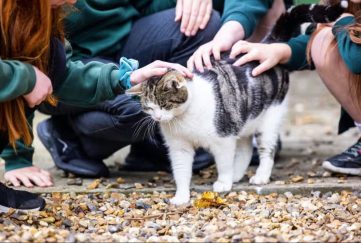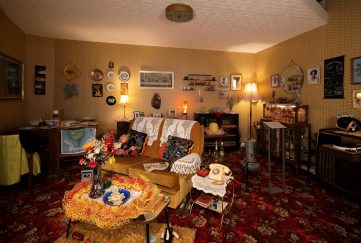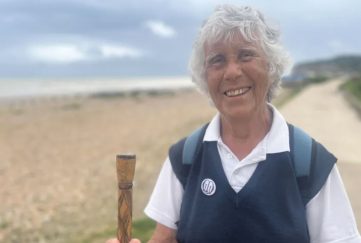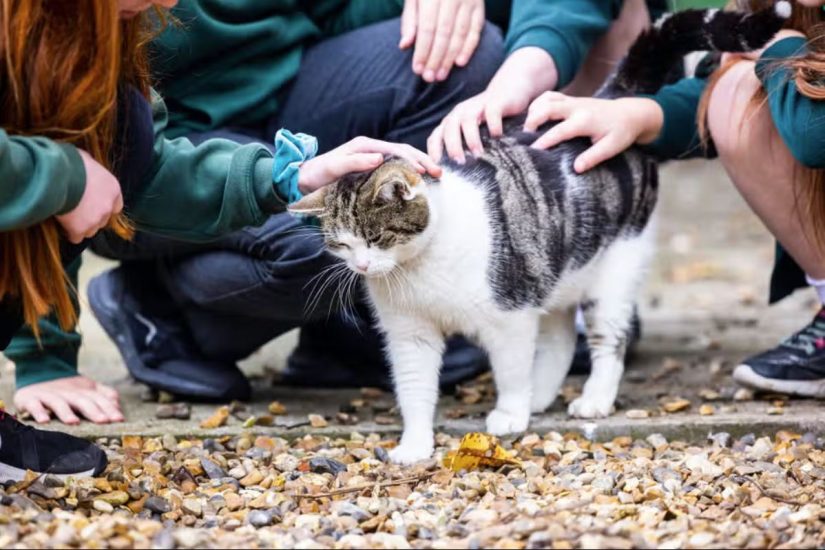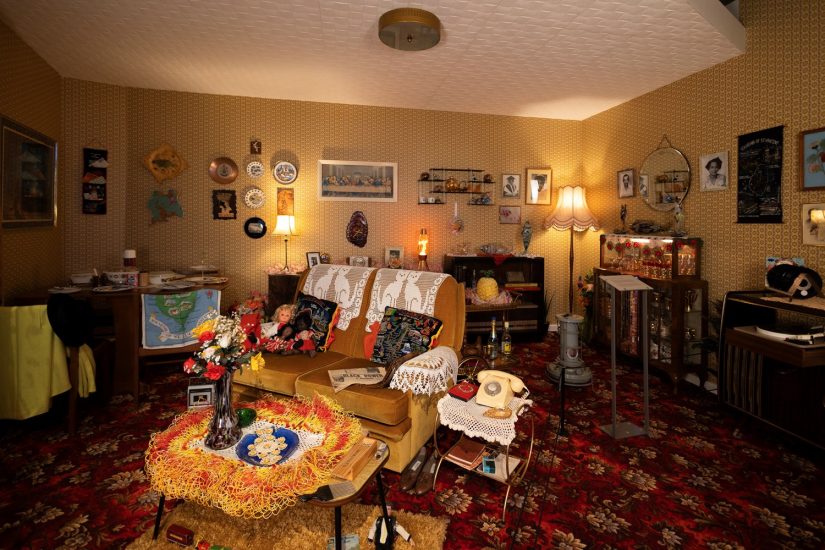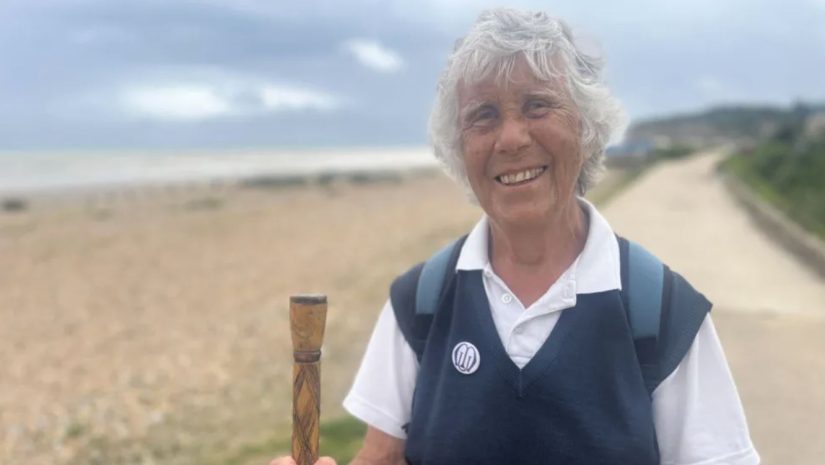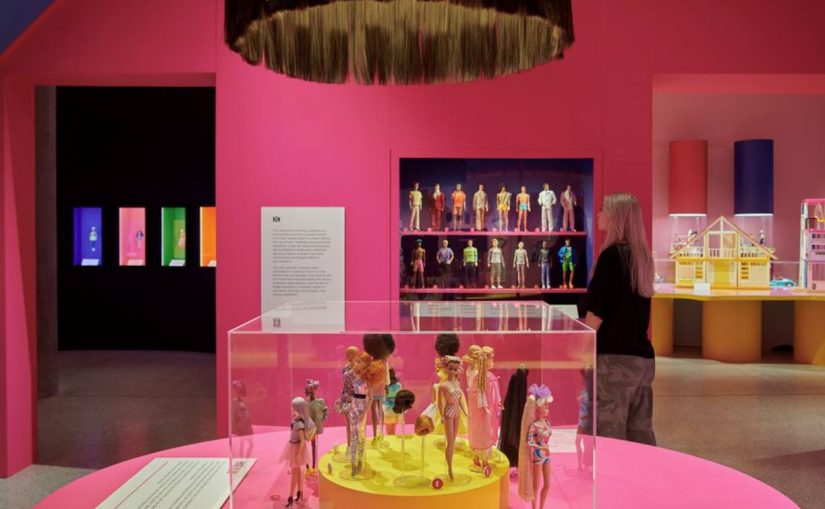An Interview With Author Annie Murray
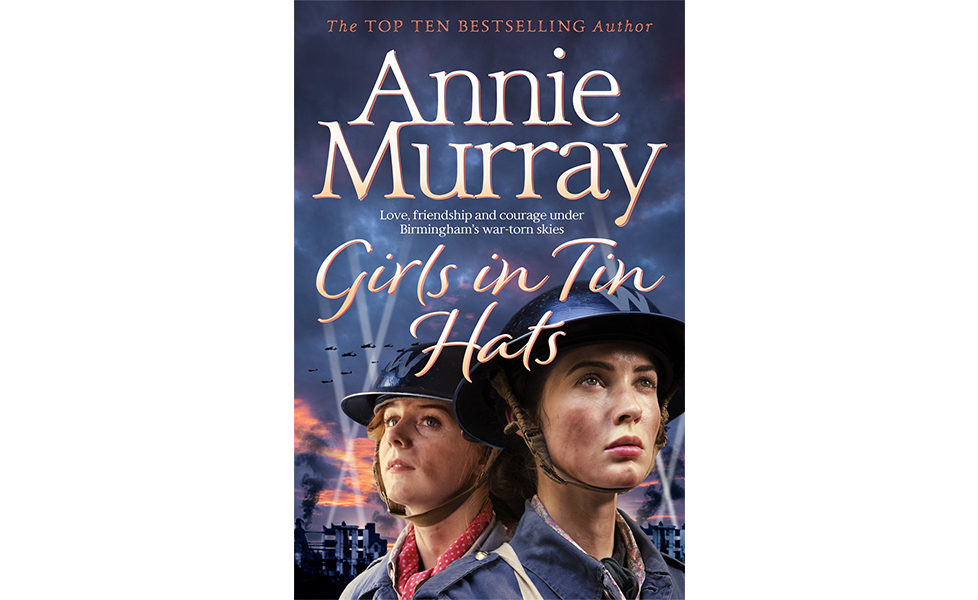
Earlier this week, we asked our followers on Twitter to suggest questions for our interview with “Girls In Tin Hats” author Annie Murray.
We were delighted with the response!
Here’s what Annie had to say . . .
Your latest novel is “Girls In Tin Hats”. Tell us a little about it, and the inspiration behind it.
The story is about two young women who volunteer for Civil Defence work in the ARP – Air Raid Protection – during World War 2.
It appealed to me because it was something embedded in a local community. Not like joining the forces where you had to leave home. It meant being closely involved with your own neighbourhood and trying to keep everyone safe.
They were the ones out under the bombs while trying to make sure everyone protected themselves. And each ARP post in a street brought together a varied group of people who had to work together, which is always fun as well!
The novel is set in Birmingham, as is much of your other work. How important is it for a novel (or a series of novels) to have a strong sense of place?
It’s important to me. I’m not keen on reading stories with a feeling that they could just be anywhere. And people often like to recognise places in a novel.
Everywhere has its own atmosphere – I would not find it easy to write stories like this about a place that I just don’t know. I like to write about different parts of the city, and in this case, the story is set in Small Heath, where one of the key factories – Birmingham Small Arms –contributed a great deal to the war effort.
It was bombed three times – the last time, in November 1940, with the tragic loss of at least 53 lives.
You often set your novels around war time/in the past. Why is this? How do you choose when you will set a novel?
There are certain things about the past, say before 1960, which are very different from now and which make stories about it so interesting.
One of course was the lack of the Pill which changed things radically for women and changed society in the process. I grew up, like many of us, hearing about WWII from my parents, who were both adults by 1939.
There is something fascinating about the history of the generation that comes just before you, and in trying to feel your way into it. Our social history feels like a family album – so many stories that get passed down involve events that a lot of other people were caught up in as well.
When I’m looking at a story I want to tell, it often becomes obvious which dates to write about, because they are the time at the heart of what I am interested in.
What advice would you give budding writers looking to tackle their first novel?
If you really want to write, you will write.
Find something that gives you that tingle of excitement and energy, enough to set you off on the journey even if it is hard work to finish.
Remember that the first draft is not the last – you can improve it later. Try not to be too critical. Don’t keep going over and over one small part – just move on, get something down. It’s probably better than you think!
If you don’t like doing it, maybe do something else!
You were nice enough to join us at one of our Warner Leisure breaks last year. How did you find meeting the “Friend” readers?
It was lovely, and an honour to be invited. I met such nice people at this amazing event and the thing that impressed me most was how incredibly loyal many people are to the PF – some had been reading it for decades.
That really says something.
How do you do your research? Is there a particular resource that you use most?
It is always a mixture of meeting people and hearing their stories, of the old maps and photographs that bring back Old Brum – a city that changes so fast that you have to wonder what’s changed when you blink sometimes.
History books and personal accounts are all valuable.
When I first began there was no internet. I do find it can be useful these days, for looking up details. But I gather from lots of different sources – a bit like cooking a quite complicated recipe!
Do you belong to any writer’s groups? Who do you bounce ideas off when you are planning out your novels?
I have belonged to writers’ groups on and off for a long time.
At present I meet once a month with our Oxford-based group. We take it in turns to present some of our writing for workshopping. We are all quite involved with each other’s evolving work, and it’s always helpful to get feedback and thoughts about what you are doing.
My husband can be a help, too, as although he was born in London, not Birmingham, he was a War Baby and so can remember lots of things that I can’t, having been born much too late and in a much smaller place.
How much of yourself do you put into your characters? For instance, both Violet and Grace are looking to escape their social circumstances. Is this drawn from personal circumstances, or a universal theme you believe will chime with your readers?
Honestly it’s hard to say. At some level they are all me, as they all come out of my head.
Having said that I can’t think of a character I’ve written who is exactly “me” as the circumstances are all so different from my own life.
But obviously I have to be able to empathise with what they are feeling.
My own social circumstances were comfortable enough, though my parents did not have much education, leaving school at 14 (Dad may have been 15).
I really wanted more. Education was a driver for me.
Are you already on to your next project, and is there anything you can tell us about it?
I have already finished a book called “Black Country Orphan”, which I hope will be out next year.
It’s about a little girl called Lucy who is the child of chainmakers in Cradley Heath early in the last century, when the wonderful Mary Macarthur helped women to get the first even minimum wage in the Chainmakers’ strike in 1910.
And of course I’m plotting something else just now as well . . .
Click here to read some book reviews from the “Friend” team.
Want to learn more about some of our regular authors? Click here.


